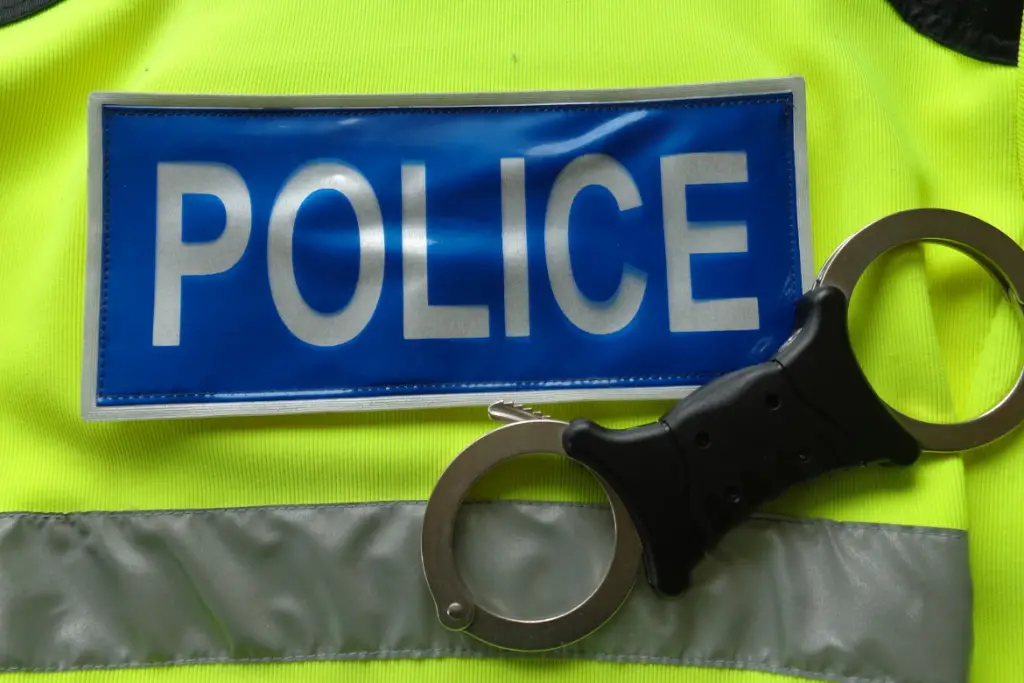Introduction: In the heart of the UK, the term “copper” means more than just a reddish-brown metallic element. This colloquial gem, rich in history and cultural significance, has long referred to members of the British police force. But how did this term carve out such a distinctive place in British slang? Journey with us as we explore its intriguing roots.
Origin Theories: The Birth of a Slang Term
- The Play of Language: The etymology of slang is often a fascinating journey, with twists and unexpected connections. In the case of “copper,” it’s no different. Nestled comfortably in the 19th-century British lexicon, “copper” has some intriguing origins to unpack.
- The ‘To Cop’ Connection: Among several theories surrounding its inception, the most widely accepted is its association with the verb “to cop.” This old term means “to seize”, “to grab”, or “to nab”. It’s quite apt when you consider the primary role of the police: capturing and apprehending those who break the law. Over time, those performing the act of ‘copping’ – that is, seizing criminals – started being colloquially referred to as “coppers.”

The Streets of Victorian London: A Time of Transition and Terminology
- The Victorian Crime Wave: As the 19th century progressed, the urban landscapes of Britain, especially bustling centers like London, began to witness a spike in criminal activities. From petty thefts in fog-laden alleyways to more heinous crimes, the underbelly of Victorian society was increasingly exposed.
- Emergence of Formal Policing: In response to this surge in crime, there was a push for more structured law enforcement. The mid-to-late Victorian era saw the establishment and consolidation of the modern police force. Their presence, both celebrated and critiqued, became an integral part of urban life.
- Birth of a Colloquialism: In this backdrop of growing police presence and their evolving relationship with the community, the term “copper” started gaining popular usage. It wasn’t just a mere label; it captured the essence of the times – the challenges, the victories, and the ever-evolving dynamics between law enforcers and the public they served. Over time, it transitioned from the specific act of apprehending criminals to representing the individuals behind the badge, finding its steadfast place in everyday British vernacular.
Variations & Generational Shifts
- From Copper to Cop: As language evolved and global influences played their part, “copper” saw its more concise cousin “cop” gain popularity, especially in the US. Yet, within Britain, the term “copper” held onto its distinctive flair.
- International Cousins: Police forces worldwide have their unique nicknames. From “cops” in the US, “Garda” in Ireland, to “Polizei” in Germany, each carries its unique historical narrative, reflecting local cultural nuances.

Coppers’ in Popular Culture
- On the Silver Screen & Beyond: British media has played a pivotal role in immortalizing the term “copper”. Whether it’s the gritty detective in TV dramas, the relentless officer in crime novels, or the mentions in punk rock anthems, the term has seen varied representations.
- A Term of Many Emotions: While mostly used in neutral or slightly informal contexts, “copper”, depending on its usage, can oscillate between respect, irony, or even rebellion.
Conclusion:
In the diverse world of British slang, “copper” stands out as a testament to the nation’s linguistic evolution and its unique relationship with law enforcement. Rich in history and brimming with cultural narratives, the term offers more than a mere reference to the police. It encapsulates stories, eras, and the ever-evolving dynamics of British society. The next time “copper” graces your ears in a British drama or song, you’ll appreciate the depth and history behind this seemingly simple term.
1. What is the primary origin of the slang term “copper”? Answer: The term is widely believed to have originated from the verb “to cop,” which means “to seize” or “to nab”. This relates directly to the role of the police in apprehending criminals. Over time, those involved in ‘copping’ criminals began to be referred to as “coppers.”
2. How old is the slang term “copper” in reference to the police? Answer: The slang “copper” finds its roots in the 19th-century British lexicon, particularly prevalent during the Victorian era.
3. Was the term “copper” always used positively? Answer: Like many slang terms, “copper” carries neutral or slightly informal undertones. Its connotation can vary based on the context and the speaker’s attitude towards law enforcement.
4. How does “copper” differ from “cop”? Answer: While “copper” is a distinctively British term, “cop” is its more concise counterpart and is widely used both in the UK and the US. Both have similar origins and meanings, but “copper” carries a particularly British historical and cultural nuance.
5. Are there other theories about the origin of “copper”? Answer: The connection to “to cop” is the most widely accepted theory. However, as with many slang terms, there are often multiple origin theories, though others are less documented and widely accepted.
6. How has popular culture influenced the perception of the term “copper”? Answer: British media, from television dramas to novels, has played a significant role in shaping and reinforcing the image of the “copper”. Depending on its portrayal, the term has oscillated between respect, irony, or even rebellion.
7. Is “copper” still a commonly used term today in the UK? Answer: Yes, “copper” remains a recognizable and commonly used slang term for police officers in the UK, though newer slang terms and expressions have also emerged over the years.







